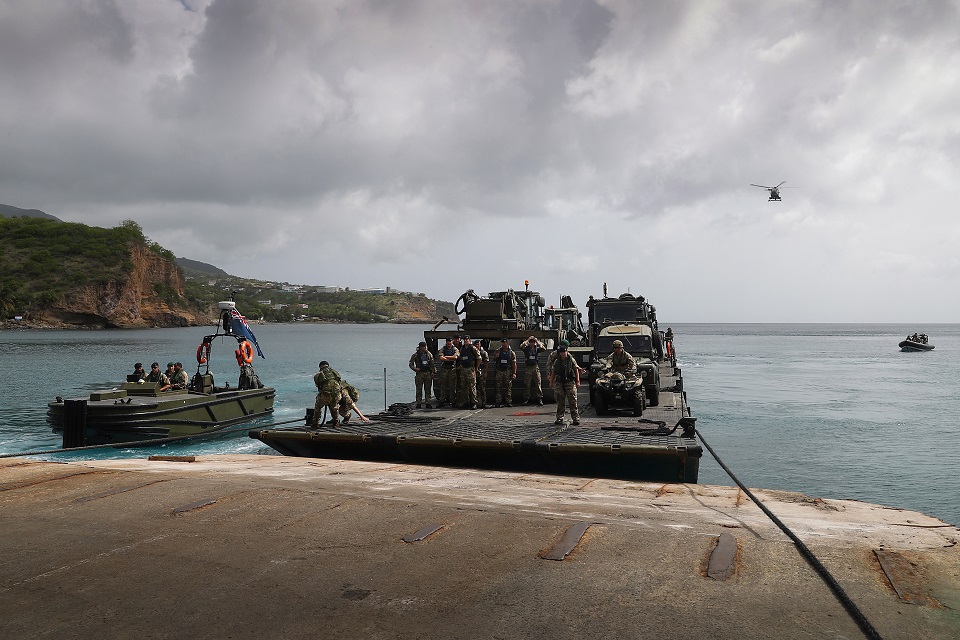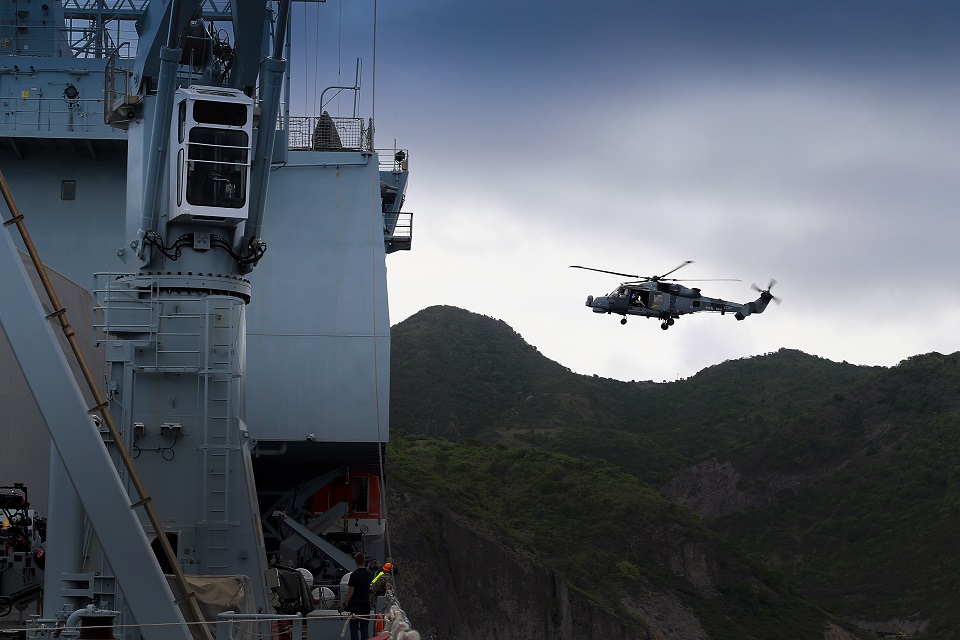News story: jHub looks for medical ideas and innovations
Launched In partnership with Medical innovation, the Med Surge initiative provides a unique opportunity for businesses to submit medical solutions that could be used by the UK armed forces in the future. Importantly for suppliers, if successful, they will be fast tracked through the procurement process with pilots and awarded contracts taking place within six months to one year.
The call for cutting-edge medical solutions is open to companies from the UK and overseas and is specifically looking for innovations that fit into six categories:
-
prophylaxing combat trauma
-
physiological and anatomical disruption
-
predictive algorithms
-
future transfusion strategies
-
total wound care and telemedicine
-
augmented reality and virtual reality
Proposals are now being accepted and companies can also meet with the jHub at Medical Innovation in October in Birmingham. The event, organised in partnership with the UK Defence Medical Services, focuses on developing the medical capability of tomorrow that will help save lives in the future.
Air Vice-Marshal Bruce Hedley, Director Joint Warfare within Joint Forces Command, commented:
jHub has been designed to help the UK Armed Forces seek out the world’s most innovative solutions that will help overcome specific challenges. By working with Medical Innovation we’re hoping to expedite the process of identifying unique new healthcare concepts and technologies that we can put into the hands of the user within a year.
Proposals for the Med Surge initiative can be submitted from the Medical Innovation site.


